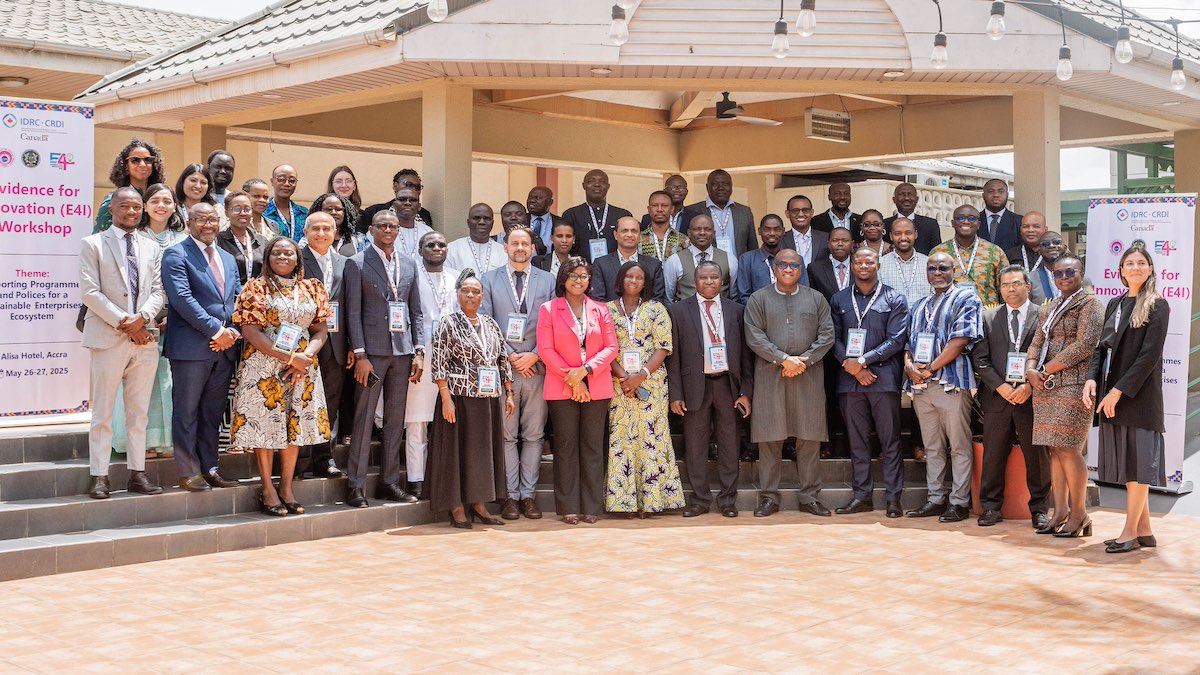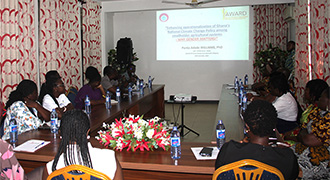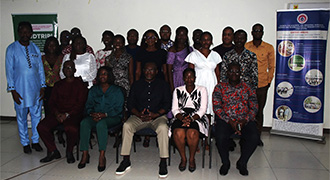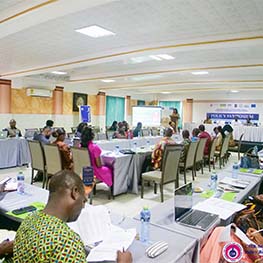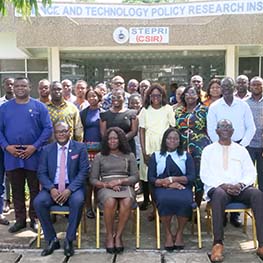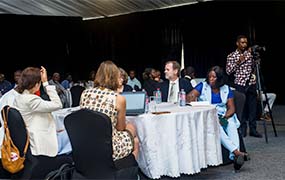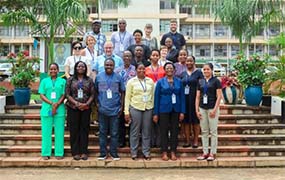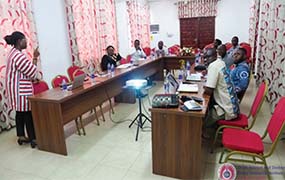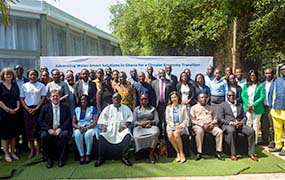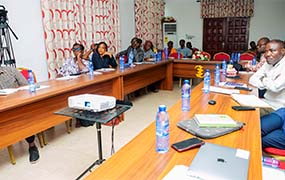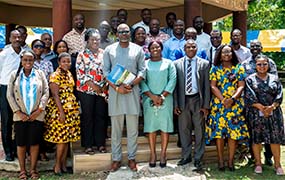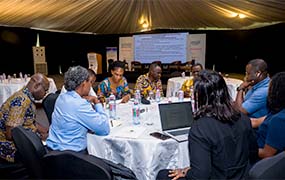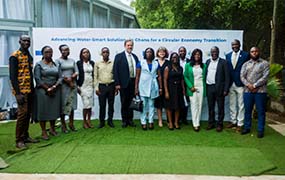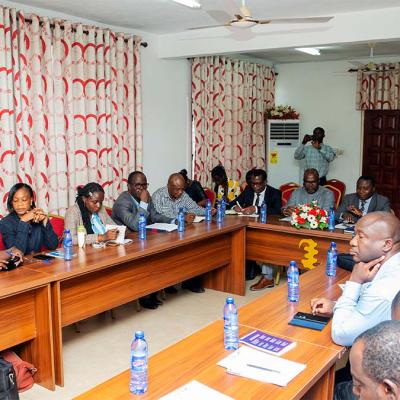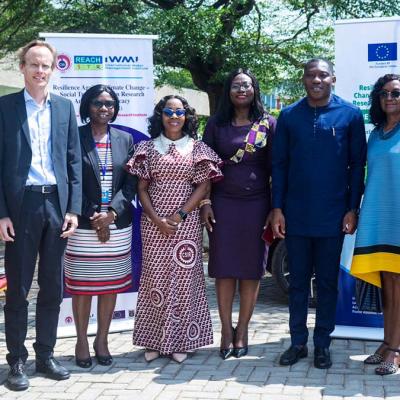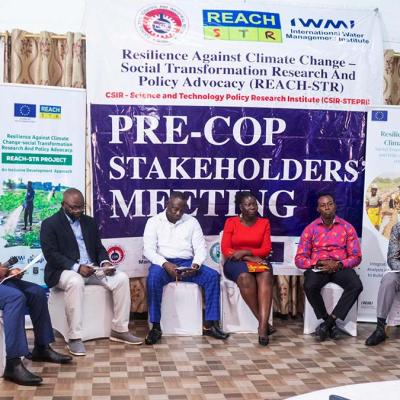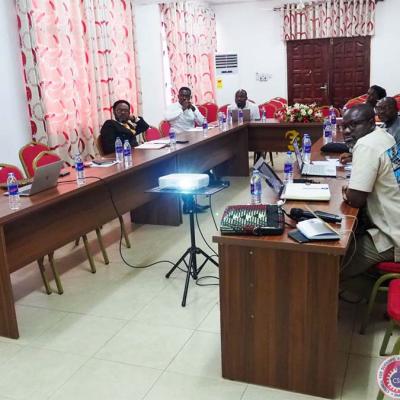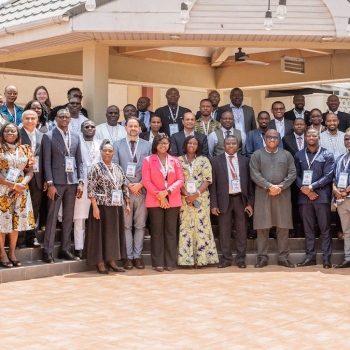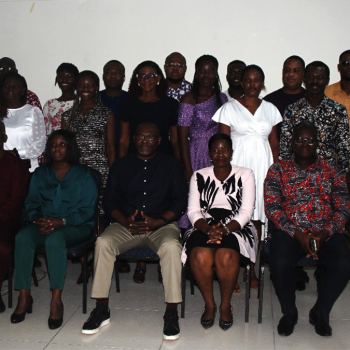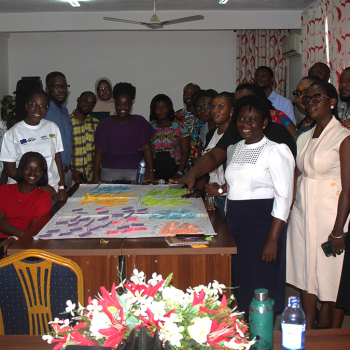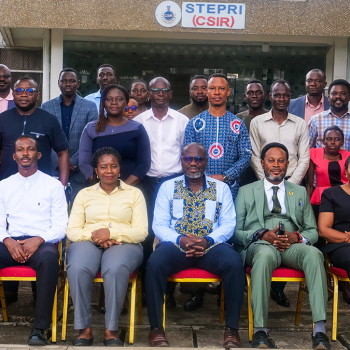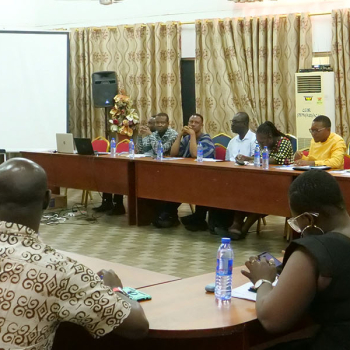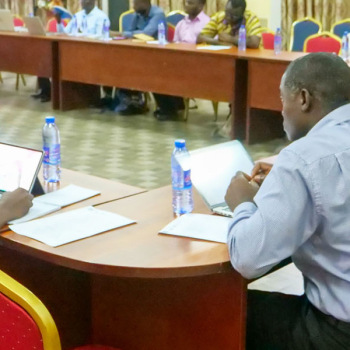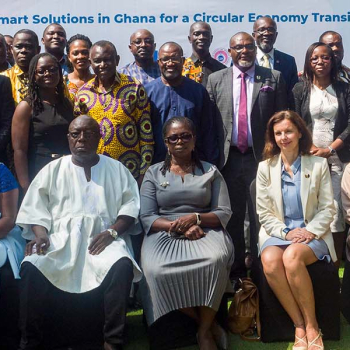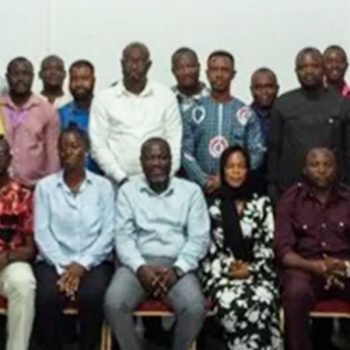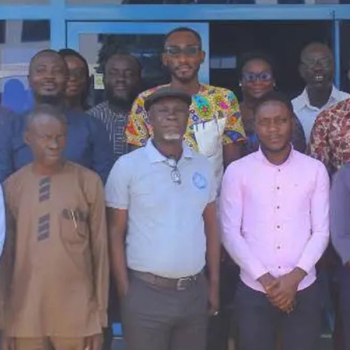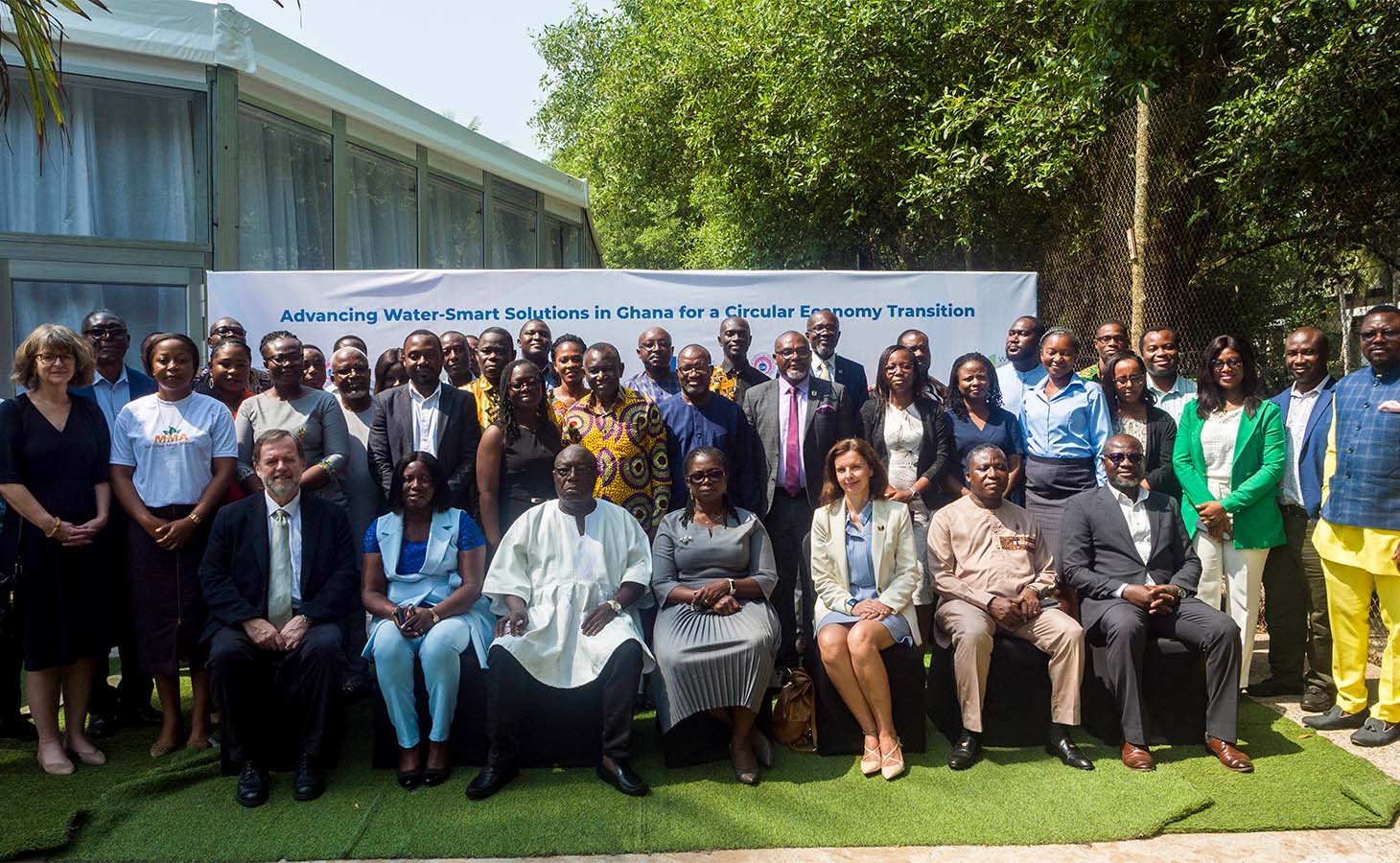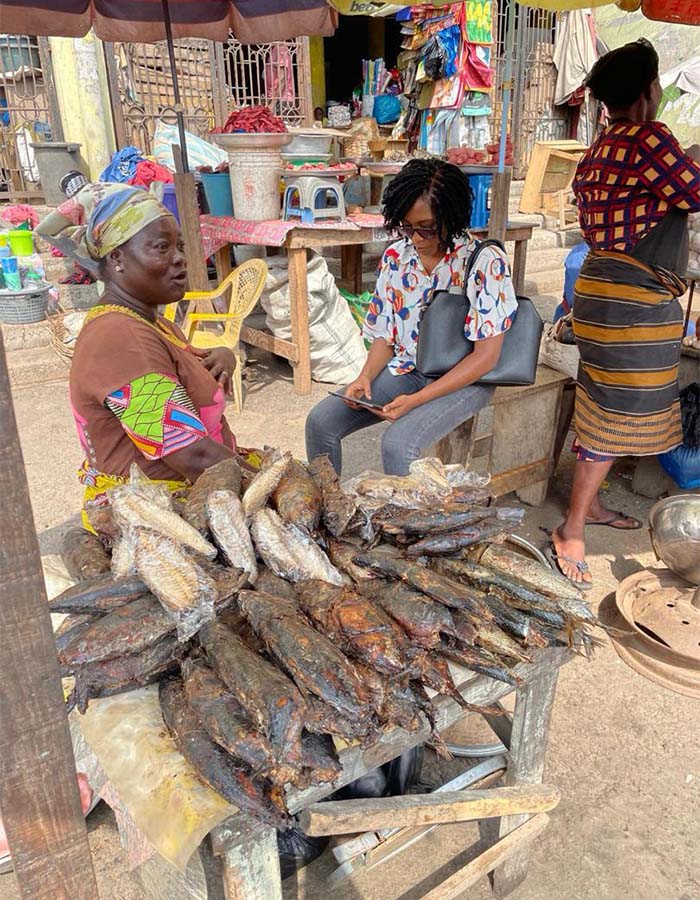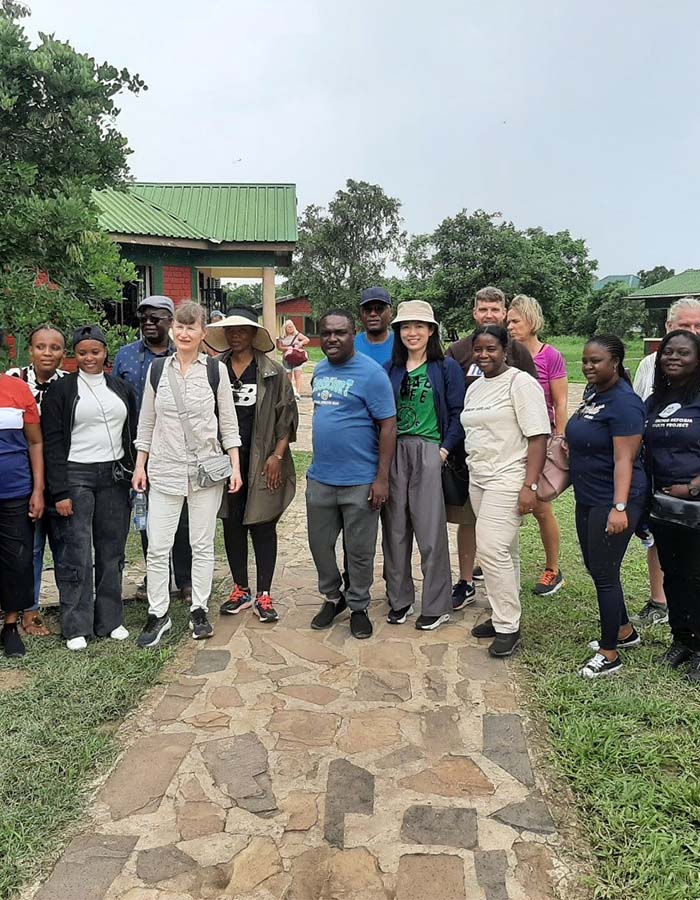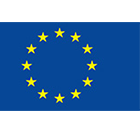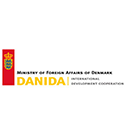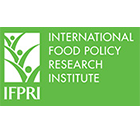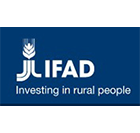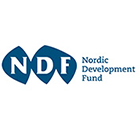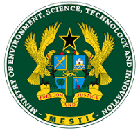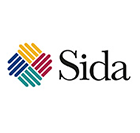About US
Science and Technology Policy Research
The CSIR-Science and Technology Policy Research Institute (STEPRI) is mandated to conduct knowledge-based research that contributes to the formulation and implementation of policies and programmes for socioeconomic development.
Research
Our Research Programmes
CSIR-STEPRI's Science and technology policy research programmes are pursued in six broad areas:
Emerging Technologies

Emerging Technologies
Policy Studies on Emerging Technologies (Biotechnology, Nanotechnology, etc)
Technology Assessment Studies

Technology Assessment Studies
Technology Assessment Studies
Science and Technology Policy Management Studies

Management Studies
Science and Technology Policy Management Studies
Information and Communication Technologies Policy Studies

ICT Policy Studies
Information and Communication Technologies Policy Studies
Environment

Environment
Policy Studies on Environment
Agriculture

Agriculture
Science and Technology Policy Studies on Agriculture
Services
Consultancy, Research and Other Services
One major asset of STEPRI is a highly qualified and motivated multidisciplinary staff with backgrounds in Social Sciences, Economics, Agriculture, Environmental Sciences, Agricultural Economics, Communication, and Development Studies. The Institute has therefore built the capacity to provide research and consultancy services.
Consultancy services are provided to clients of all categories in the following areas;
- S & T policy on emerging technologies
- S & T policy on ICT
- Technology Assessment
- S & T policy on agriculture
- S & T policy on environment
- S & T policy on management studies
Science and Technology Policy Research are provided in the following six thematic programmes:
- Monitoring and assessment of STI-related policies in the Ghanaian economy.
- Popularization of Science, Technology and Innovation (STI).
- Commercialization, facilitating and diffusion of local technology and innovation.
- Development and management of STI human resource and
- Adoption, assimilation and transfer of appropriate technology
We also provide the following services:
- Hiring of Conference Hall
- Photocopy
- Video Coverage
- Sale of Publication/ Books
Facts
Our Achievements
Throughout Time
As an Institute, we have accomplished a lot. We keep up our diligent efforts to uphold our professionalism and standards.
0
Years of Experience
0
Scientists
0
Satisfied Clients
0
On-going Projects
Accomplishment
Achievements & Awards
STEPRI in collaboration with the Ministry of Environment Science and Technology (MEST) prepared the National S&T Policy Document. It also facilitated the formulation of the framework for the implementation of a new structure for the management of S&T in Ghana.
Projects
Our Research Projects
Our efforts in research and development have had a favorable impact on the country's socioeconomic growth.
WIDER UPTAKE Achieving Wider Uptake of Water-Smart Solutions
PARI NUTRITION Pari Nutrition-Understanding the Impact of Women’s Time-Use on Household Nutrition in Ghana
FETE Shaping Food Environment in Transitioning Economies for Sustainable and Healthy Diets
Documents
Annual Reports & Policy Briefs
Prioritised Investment Options For Aflatoxin Control In Ghana
Overview of Policy, Legal and Institutional Environment for Food Safety Management in the Informal Sector in Africa
Policy Brief Barriers and Enablers
CSIR_Policy Brief Use of digital platforms by farmers
Policy_Brief _ DIISS-G2-final.pdf
Policy-Brief-DIISS-G1-final
STEPRI 2021 ANNUAL REPORT
STEPRI 2022 Annual Report
STEPRI 2023 Annual Report















